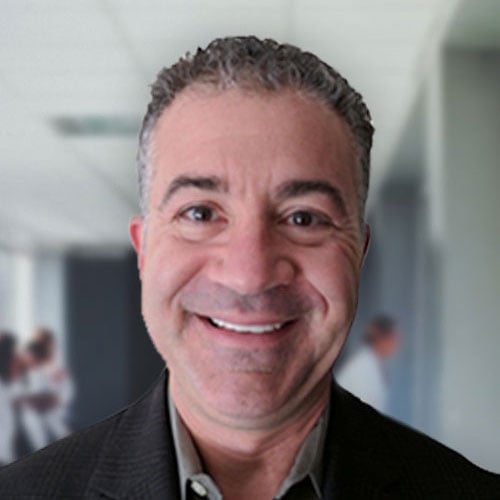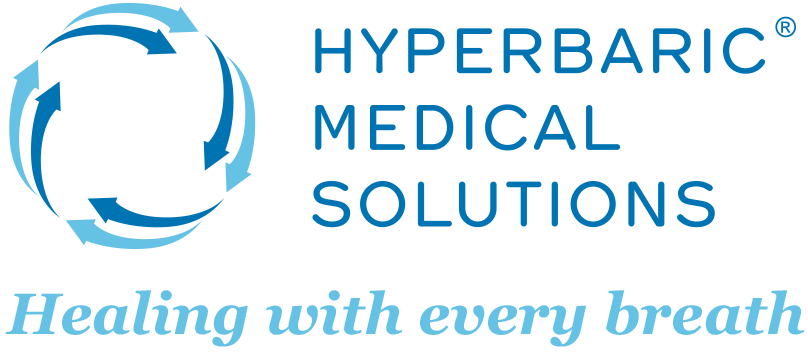9 Head Injury Symptoms

Just as there are unlimited ways a person could suffer a concussion or any other type of head injury—whether due to a fall, sports-related injury, or injury during combat—there are also a wide range of associated symptoms he or she may experience. From nausea and dizziness to headaches and mood changes, head injuries can cause a long list of health issues that prohibit people from living healthy lives. To get on the path to recovery, not only should you be aware of common head injury symptoms, but you should also act fast to seek medical attention as soon as you notice these warning signs in yourself or someone you know.
HEAD INJURY SYMPTOMS INCLUDE COGNITIVE, SENSORY, BEHAVIORAL AND EMOTIONAL CHANGES, SUCH AS:
1. Headache
Headaches are a frequent complaint among those who've suffered a head injury. Sometimes, these can persist for more than a year after the initial trauma. As shared by The Model Systems Knowledge Translation Center, a nonprofit funded by the National Institute on Disability, Independent Living, and Rehabilitation Research, there are several types of headaches one could endure, including: migraines, tension-type, cervicogenic and rebound headaches.
2. Nausea
Feeling nauseous is another common symptom following a brain or head injury. Some may even vomit as a result of this sickness.
3. Blurred Vision
Many who suffer a brain injury also experience a change in their eyesight. For example, an April 2010 independent study sponsored by the Department of Veterans Affairs and Employee Education System discovered that blurred or double vision was one of the common symptoms associated with patients experiencing blast-related injuries.
4. Dizziness
Dizziness is not only a symptom of a head injury, but also of post-concussion syndrome (PCS), a condition in which the effects of a head injury last longer than three months.
5. Focus Issues
If someone is experiencing headaches, vision changes, or dizziness due to a head injury, he or she may be more likely to have trouble focusing and processing information. Typically, this is a temporary symptom, but it can cause great frustration.
6. Mood Changes
Sudden mood swings and changes in personality are often linked to head injuries, as well. Those affected may experience extreme sadness one minute, and then extreme anger the next. Other emotional issues may include depression and/or increased anxiety. In fact, according to a 2014 study by the Psychiatric Clinics of North America, a peer-reviewed journal: “Mood disorders are frequent psychiatric complications of TBI that overlap with prominent anxiety, substance misuse, impulsivity and aggression.”
7. Memory Loss
Suffering from short-term and/or long-term memory loss as a result of a head injury is another possibility, especially in severe cases. However, there is research that suggests mild to moderate concussions could also cause thinking and memory issues down the road, as reported by online health care resource Health enews.
8. Ringing in the Ears
People may experience ringing in their ears, a condition known as Tinnitus, in addition to other head injury symptoms. It’s another common PCS symptom, as well.
9. Sensitivity to Light and Noise
Similar to other symptoms included on this list, increased sensitivity to light and/or sound can be experienced among those diagnosed with a mild, moderate or severe concussion, as well as those suffering with PCS after their injuries. This can make it difficult to resume daily activities.
Do you believe you or a loved one is suffering from a concussion? If so, it is imperative to seek medical attention immediately in order to be properly evaluated, diagnosed, and treated. One treatment option for a head injury is hyperbaric oxygen therapy. This is an all-natural procedure that utilizes increased levels of oxygen to help repair damaged brain tissue and promote angiogenesis, or blood vessel creation. This treatment could help you recover faster and get back to feeling like your old self again.
Consider downloading our eBook about hyperbaric oxygen therapy to learn more.

Written by Alan Katz, MD, FUHM, FACEP, FAAEM
Dr. Alan Katz, National Medical Director of Hyperbaric Medical Solutions (HMS), is double board certified in Emergency Medicine and Hyperbaric Medicine. He directs clinical operations, as well as education and research initiatives for HMS, particularly in exploring the use of hyperbaric oxygen therapy....
Read More



